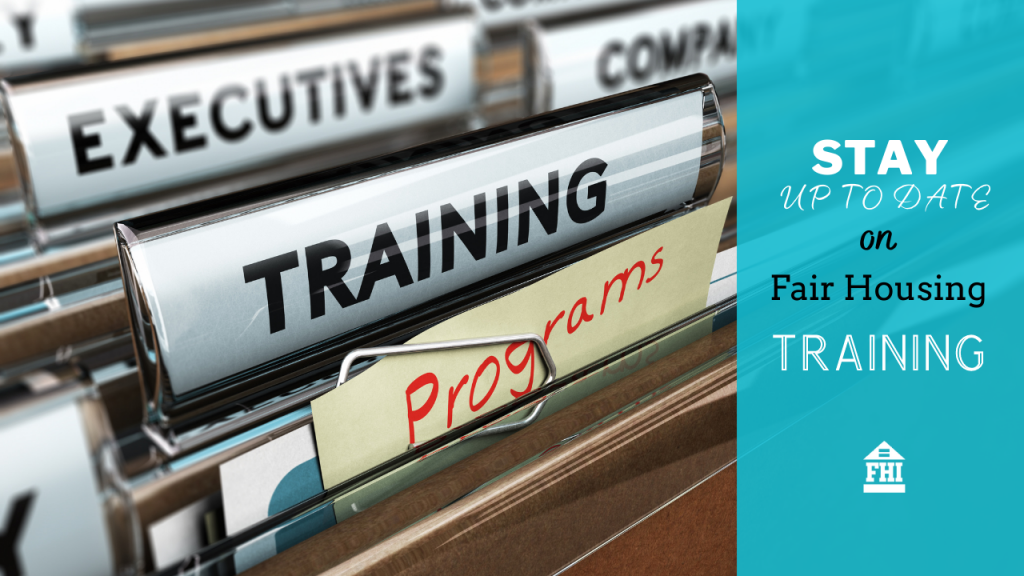
Fair Housing is a complicated and ever-changing subsection of the law. Combined with state and municipal laws that can vary greatly, proper training becomes even more critical.
Estimated reading time: 3 minutes
Table of contents
Fair housing and local laws
More is needed than a basic knowledge of the protected classes. Both state and municipal laws can change how fair housing compliance is interpreted.
For example, consider who is responsible for payment when a reasonable modification is needed. Your quick answer may be that if it’s private market housing that the resident is responsible. While that may the case for most states and municipalities, it is not for all. Both Massachusetts and New York City require private market housing to cover any costs associated with reasonable modifications. By not knowing this, a property management company can quickly find itself facing a fair housing complaint.
Another example would be Madison, Wisconsin, and Austin, Texas. These cities include students as a protected category, and therefore housing cannot discriminate against them. Again showing how state laws can vary greatly.
The list goes on. Many other states and municipalities have laws and regulations that directly affect fair housing compliance. So, where does that leave property management companies? You need to ensure that your teams are up to date on all applicable local laws, which means training!
Fair housing training- How often?
You have just heard one of your staff make a critical error that could lead to a fair housing complaint. When you approach your employee, they have no idea where they went wrong. How could this be avoided?
Simply put, regular fair housing training is essential to avoid situations like this. The keyword here is regular. One-time training will never be enough because laws are always changing. It is best to have an ongoing and up-to-date training program or plan.
The current industry minimum is every two years. However, we now see companies switching to annual certification programs, which is an even better practice that will help ensure that their staff has the training they need to avoid fair housing complaints.
Reliable resources for fair housing training
You need to have a catalog of reliable resources. Best practices would include more than a quick video that glosses over the many facets of fair housing compliance. Not to mention a way to gauge that your staff fully understand what they are learning.
YouTube videos and webinars can be great resources. Just be sure that they offer up-to-date, detailed, and reliable training on the specific topics you are looking for. Industry-accredited training programs that include tests and certifications should also be an integral part of your employee training package.
Another great way to help your staff is training via role play. Create scenarios with the help of your staff that you are regularly faced with and have practice sessions. This type of diverse training will reach every style of learner.
By ensuring that all your staff has access to up-to-date, reliable training in multiple formats, you can avoid time-consuming and costly mistakes and create a positive work environment.
You May Also Like:
